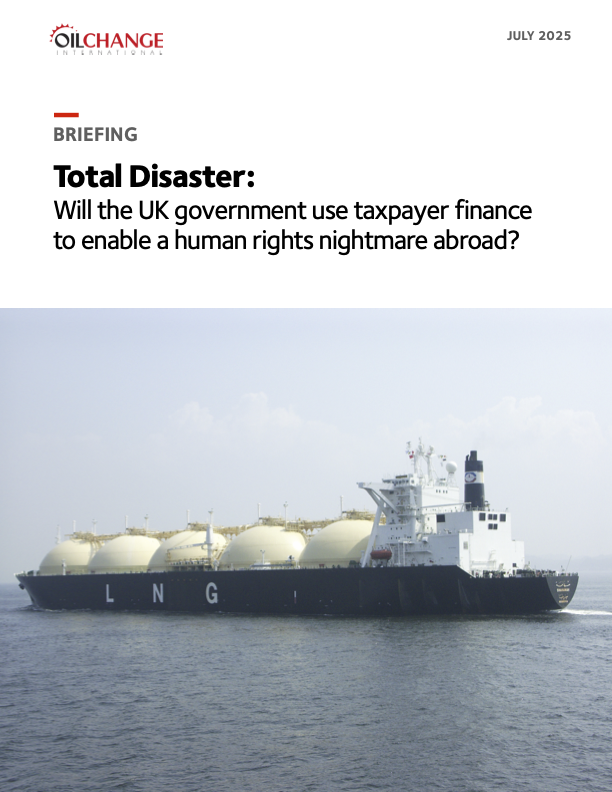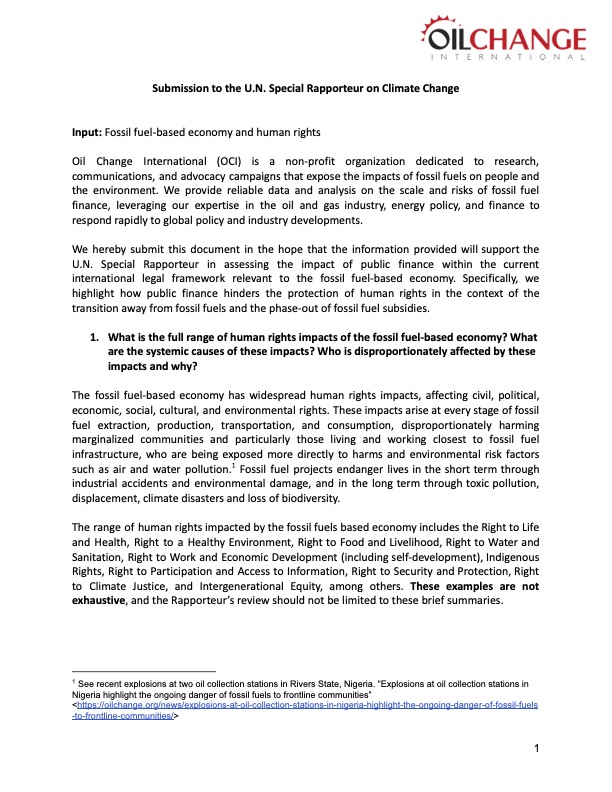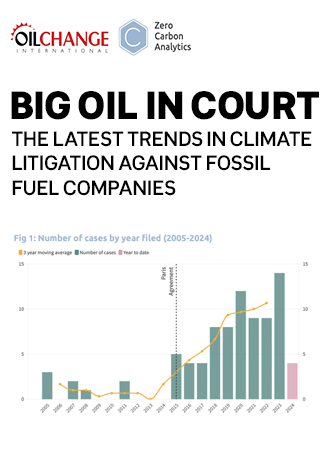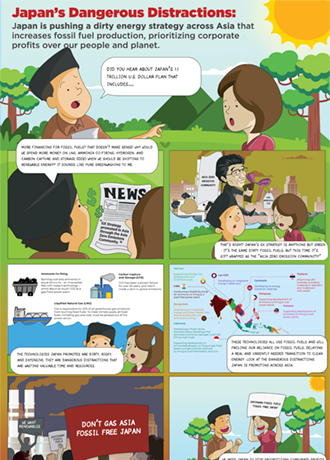
Total Disaster: Will the UK government use taxpayer finance to enable a human rights nightmare abroad?
Keir Starmer has inherited a controversial decision from Boris Johnson’s government. The UK Prime Minister must decide whether USD $1.5 billion of UK taxpayer support should be used to enable one of the most controversial infrastructure projects of modern times: The Mozambique Liquefied Natural Gas (LNG) Project.









